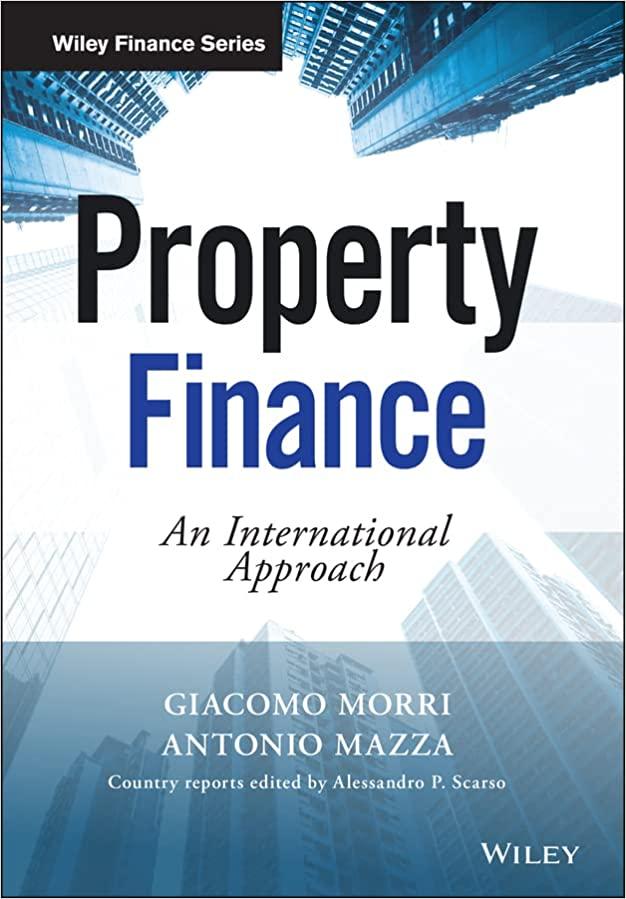Question
DQ1: Chapter 2 : Everything that is illegal is unethical (breaking the law is unethical), but not everything unethical is illegal. What would be an
DQ1: Chapter 2: Everything that is illegal is unethical (breaking the law is unethical), but not everything unethical is illegal. What would be an example of unethical but not illegal and, why, generally, are ethics a broader category than illegality?
DQ2: Chapter 2: You are CEO of SUNSUP Corporation, a major innovator and manufacturer of solar panels. As part of SUNSUPSs commitment to social responsibility, you initiated and led, between 2013 and 2018, the financing of startup solar panel companies in 3rd world countries (with loans forgiven if the startup did not succeed).
By the end of 2018, about 2/3s of the startups have failed, but the other 1/3 appear to be commercially viable. Your Chief Financial Officer has advised you that, whatever its successes, this goodwill program has cut your companys profit margin by about 15%. What are your ethical responsibilities under these circumstances?
DQ3: Chapter 3: The United States Constitution is the supreme law of the land. The Supreme Court has the final word on the meaning of Constitutional Language. Also, importantly, the law treats corporations as natural persons in such matters as legal disputes.
Recently, the Supreme Court concluded that the First Amendment rights for political speech are the same for corporations as for natural persons (page 78). Do you agree with this decision and why or why not?
DQ4: Chapter 3: You live in a state that is committed to green energy. Your state passes a law that forbids trucks from your state or any state to use public roadways unless they are electronically powered. Is the states commitment to green energy sufficient to offset the requirements of the Commerce Clause?
DQ5: Chapter 3: The United States Supreme Court expressly permits regulation of commercial speech (unlike political speech). Your State Supreme Court has concluded that, under your state Constitution, commercial speech cannot be regulated by your state. Does your state Supreme Court have the authority to make this ruling? Please explain.
Step by Step Solution
There are 3 Steps involved in it
Step: 1

Get Instant Access to Expert-Tailored Solutions
See step-by-step solutions with expert insights and AI powered tools for academic success
Step: 2

Step: 3

Ace Your Homework with AI
Get the answers you need in no time with our AI-driven, step-by-step assistance
Get Started


